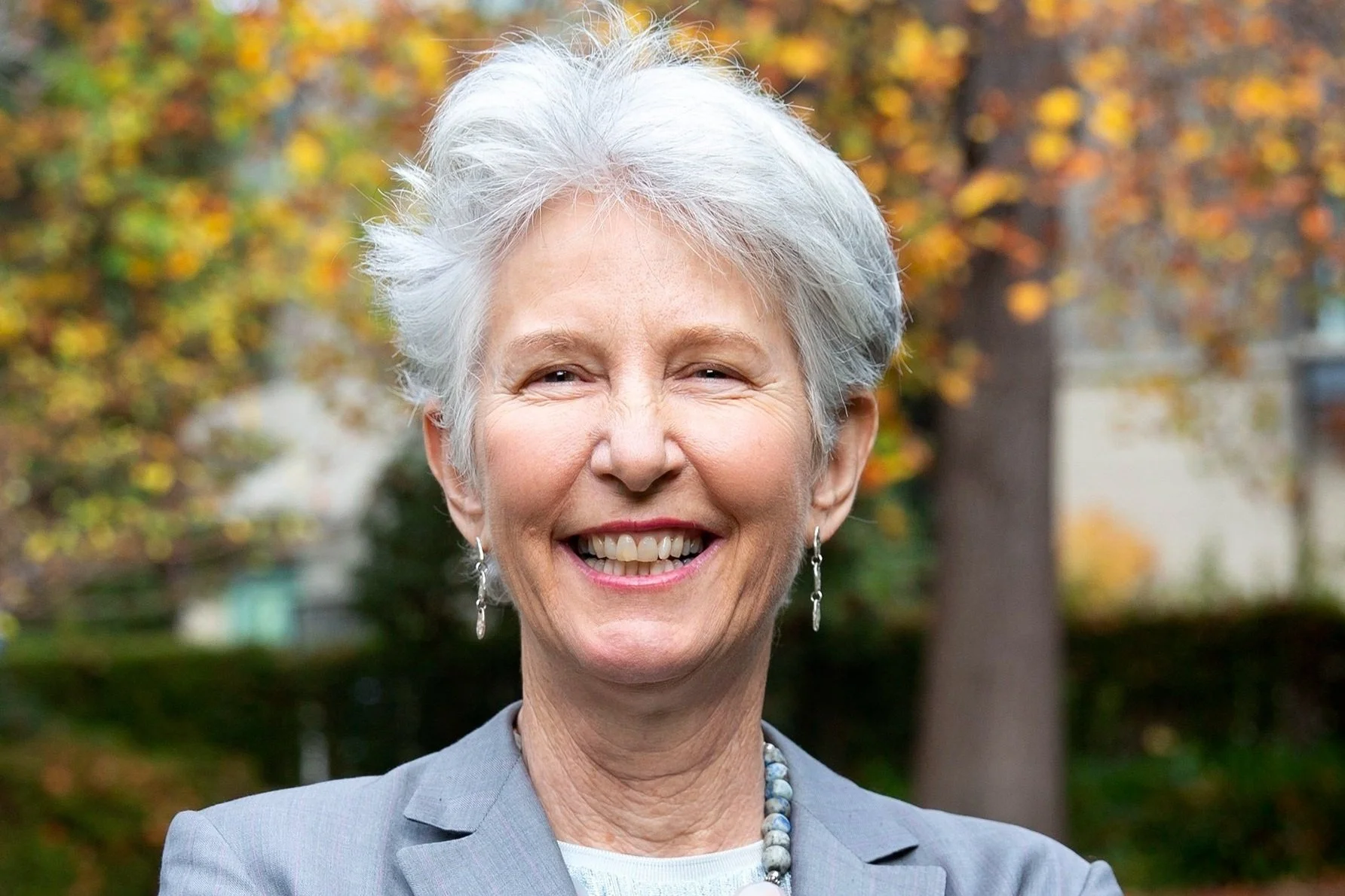Don't Let the Robots Rule: Millions Flow to Steer AI in the Right Direction
/ Tate Williams
chombosan/shutterstock
Artificial intelligence keeps barreling forward, and of all the sectors it will likely impact, we ought to think through autonomous vehicles, criminal justice and the media sooner than later.
Those are the first three areas that a new AI-centered philanthropic fund is engaging first. The fund formed early this year with a $27 million pool of donations from the Knight and Hewlett foundations, Reid Hoffman, the Omidyar Network, and investor Jim Pallotta. Now it's announced its first round of payouts.
The main grantees won’t be a surprise, as the Berkman Klein Center at Harvard and the MIT Media Lab are the anchor institutions, and will share $5.9 million. But the remaining funding also lays out the groundwork for a wider network of debate and action beyond the walls of the two Cambridge institutions. Of course, the Harvard and MIT centers are fitting stewards of the work. Since 1996, Berkman Klein has been a leading center of thought regarding technology and law. And the MIT Media Lab has been studying the interfaces of technology and human experience since 1980.
The remaining seven grantees branch out quite a bit. The fund is backing two international hubs, one in Hong Kong, another in Rio de Janeiro. Three other grantees look at concrete issues that are closer on the horizon, including implementation of new regulations. Two more grants support interdisciplinary work, including one researcher conference and ethnographic studies into the dynamics between human labor and artificial intelligence.
The three initial core topics are some of the most pressing when it comes to AI, with autonomous vehicles certain to challenge government planners in ways that most are woefully unprepared for. The 2016 presidential election infused urgency into the debate over the role algorithms play in the media and information we consume. And artificial intelligence, including opaque algorithms, are playing a growing role in the criminal justice system, which has profound implications on due process and civil rights. Funding will particularly emphasize the way AI may reinforce existing racial and societal biases.
As we’ve been documenting, there are now several parallel efforts—backed by wealthy donors, foundations and industry itself—that seek to grapple with questions raised by AI regarding ethics, governance, and public interest. (See my roundup of such efforts in this post.) This fund prioritizes inclusion of outside voices and disciplines, so philosophy, law, and other disciplines have seats at the table for key decisions, and not just engineering
What’s particularly interesting about philanthropy fueling some of these watchdog efforts is that we’re seeing the civil society sector, backed in many cases by wealthy tech moguls, forming a sort of counterweight to a private sector that’s moving at a breakneck pace.
Companies are racing to accelerate and monetize AI, in many cases using philanthropy as a tool of their own, while key questions loom about the technology’s impact on society. Meanwhile, we’ve got foundations and some of the biggest financial beneficiaries of tech advances trying to pump the brakes, or at least broaden the discussion about what’s on the horizon.
Related:






































